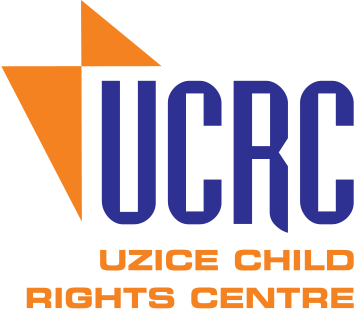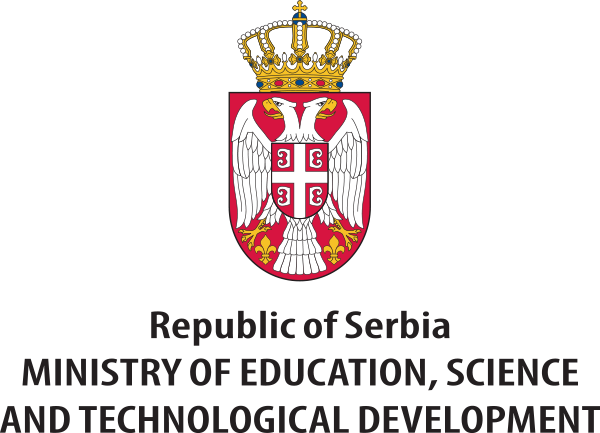
UNICEF, in cooperation with the Serbian Ministry of Education, Science and Technological Development and the Užice Child Rights Centre NGO, with the support of Telenor Company, is implementing the project Safe Family Net aimed at creating a safe and stimulating environment to reduce exposure of children to online risks.
The specific objectives of the project are to empower parents to get involved in the education of children on digital safety, as well as to build capacities of teachers and educators to raise awareness and knowledge of parents of lower-primary and preschool children about the risks and safe use of the Internet.
The use of digital devices is one of the particular challenges for parents, and for setting limits in children’s education. This is where parents’ educational styles, their effectiveness and weak sides come to light. It opens new areas of cooperation between parents and preschool institutions and schools, and of strengthening adult competences both in the field of education and in the use of modern technologies.
Reasons to launch the project
Digital technologies are part of the cultural environment in which our children grow up, so it is our responsibility to teach them how to use them, to explain how digital technology can serve them for learning, communication and connecting with the world. It is therefore necessary that parents, educators and teachers have the appropriate level of information, digital and media literacy; and know modern concepts, methods and tools that presuppose the meaningful use of digital technologies in accordance with the children’s age.
Children start using the Internet at an early age, and parents, educators and teachers do not have enough knowledge and skills to provide appropriate support for their growth in a new digital environment.
Key findings of the research carried out within the project, on which the project activities are based:
- The age at which children start to use digital technologies is getting younger. Most children start using digital devices at the age of 4: children of lower-primary school age start to use them at the age of 5, while children under 5 start already at the age of 3.
- Every fourth child of preschool age and more than half of children of primary school age already own a digital device.
- The most commonly used digital device among children of preschool and lower-primary school age is a smartphone, followed by a tablet computer; 70% of children use the phone independently, 24% with someone else’s help, while only 6% of children do not use this device.
- Two thirds of parents have had a conflict with their children attempting to limit the time spent online, while one third of them had a confrontation with their children because of setting boundaries on the available content on the Internet.
- One third of the surveyed parents are not familiar enough with digital devices to be able to block promotional content offered online, or to prevent their children from leaving ‘active digital footprints’ on the Internet.
- Two thirds of teachers (68%) rarely help students use the Internet, and more than half of them almost never teach children how to react if disturbed by some content on the Internet or if they experience digital violence.
Key project activities
- A survey on the use of the Internet in children (aged 4–8) and awareness/knowledge in parents, educators and teachers;
- Development and promotion of a brochure for parents containing key messages about Internet safety;
- Development of a digital tutorial for parents ‘Children and the Internet, Smart from the Beginning’;
- Development of a set of digital and communication materials for young children: cartoons and a leaflet for children;
- Development of The Guide for Teachers and Educators to work with parents and children on creating a stimulating and safe online environment, and its implementation in selected primary schools and preschool institutions:
Niš – Primary school ‘Dušan Radović’, Preschool institution ‘Pčelica’
Novi Beograd – Primary school ‘Laza Kostić’, Preschool institution ‘11 April’
Užice – Primary school ‘Dušan Jerković’, Preschool institution ‘Užice’
Novi Sad – Primary school ‘Vasa Stajić’, Preschool institution ‘Radosno detinjstvo’
Kragujevac – Primary school ‘Marko Jovanović’, Preschool institution ‘Nada Naumović’
A team of 17 trainers was established to deliver training for teachers and educators of the selected institutions;
- National Conference in Belgrade and five local panel discussions held in New Belgrade, Niš, Novi Sad, Užice and Kragujevac for parents of children aged 4–8, educators and teachers, with the aim of raising awareness about the importance of their involvement with the education of children on digital safety and risks on the Internet.
Resources developed
- Brochure for parents
- Cartoons
- Leaflet for children
- The Guide for Teachers and Educators to work with parents and children on creating a stimulating and safe online environment
- Online course on the safety of children on the Internet for parents, educators and teachers.




